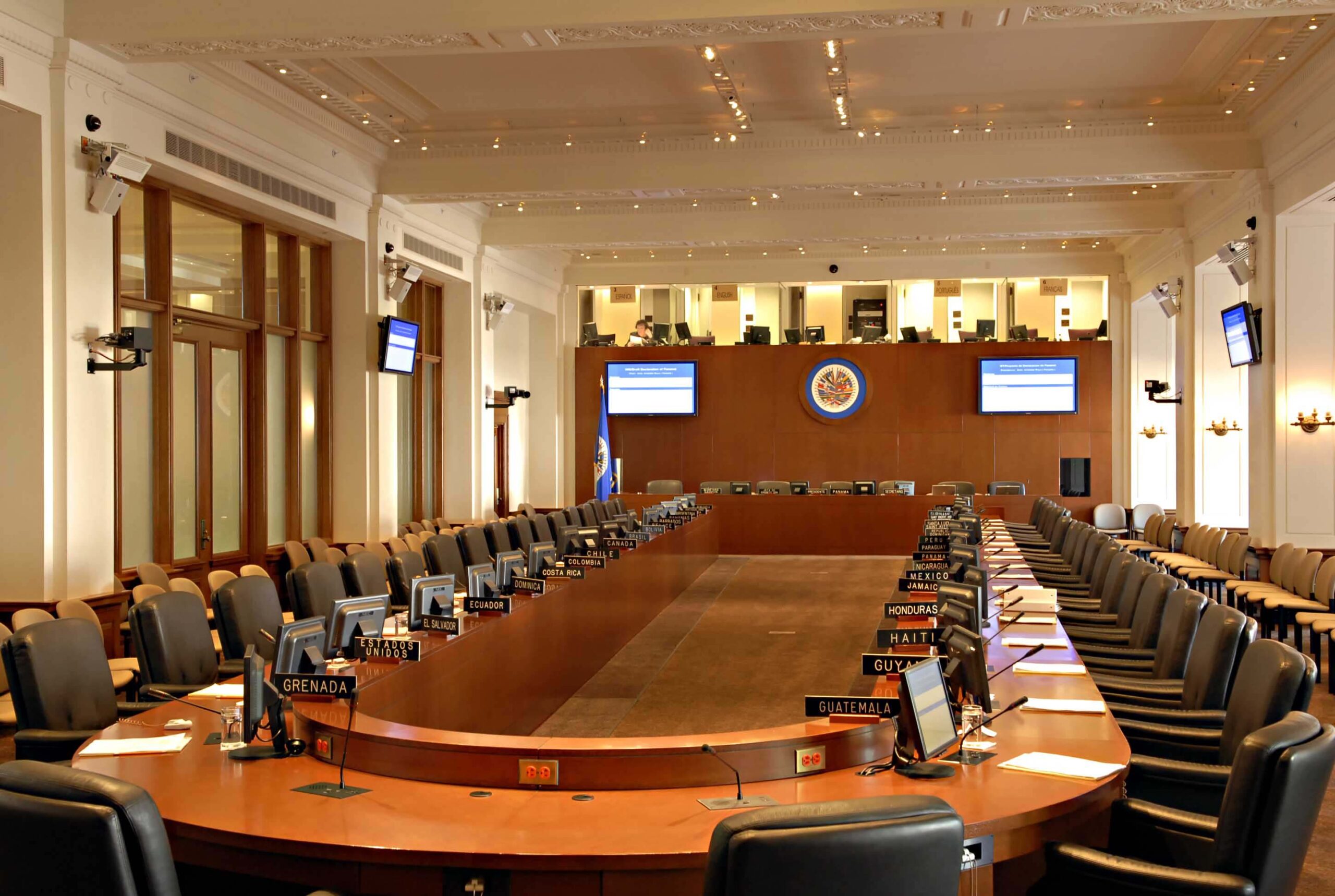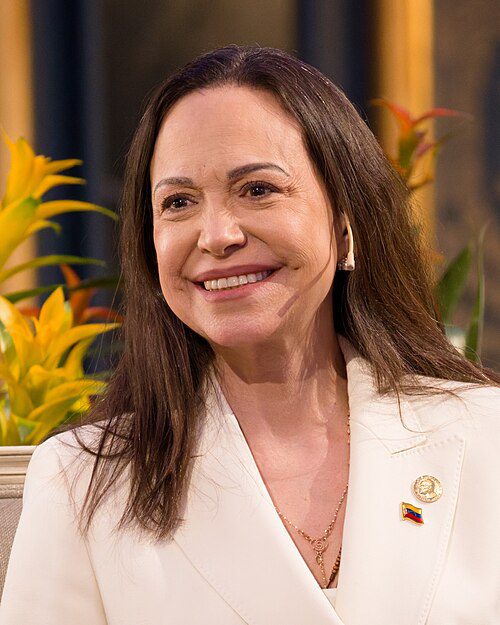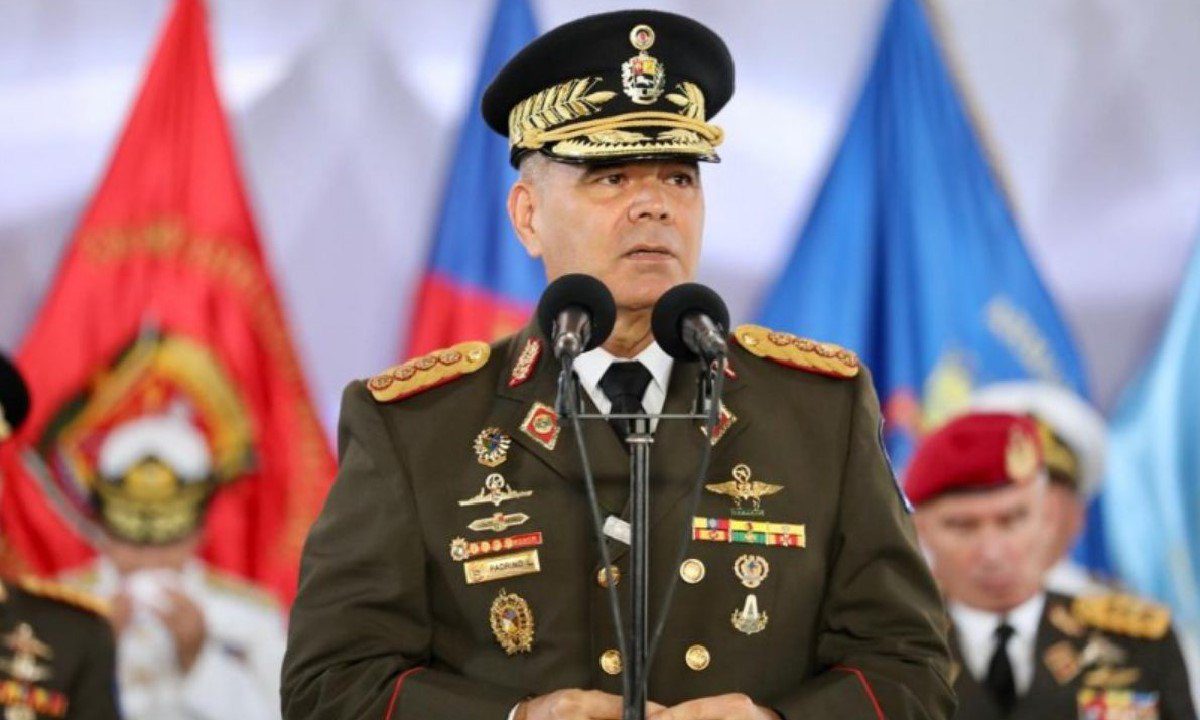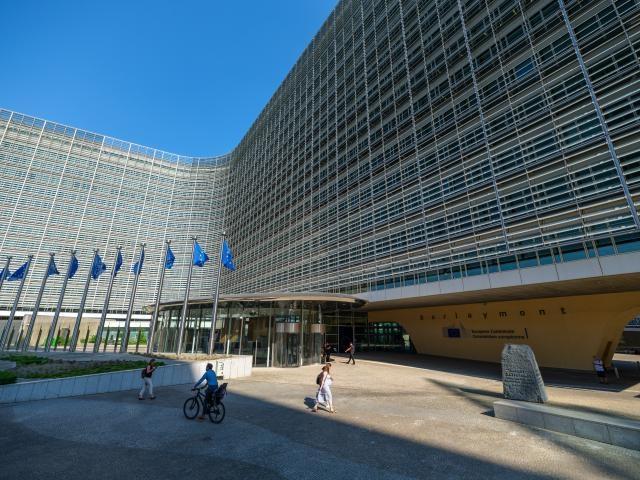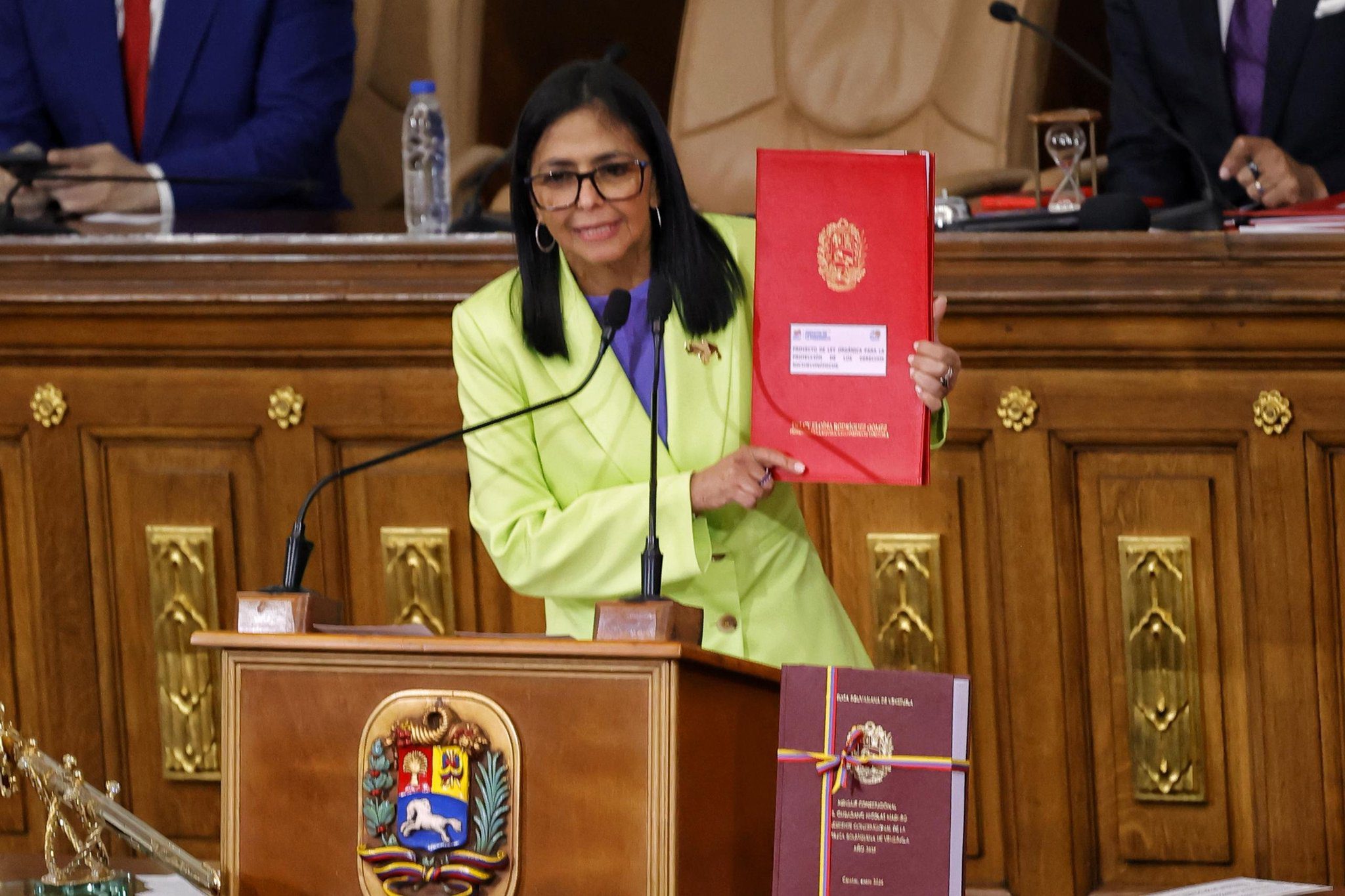Simón Bolívar Libertador Hall of the OAS. Photograph: Juan Manuel Herrera/OAS
Guacamaya, June 23, 2025. Albert Ramdin, the new Secretary General of the Organization of American States (OAS), is betting on dialogue in Venezuela. Just a few months after taking office, he has made it clear that he wants to establish a channel of communication with both the Government and the opposition of the country. His approach is a priority: he seeks political stability and does not want to get bogged down in debates over whether Venezuela can be considered a dictatorship or not. This approach recalls what the OAS did during difficult moments in Venezuela’s history, particularly after the 2002 institutional crisis caused by a confrontation between the government of Hugo Chávez and various sectors of Venezuelan society, which resulted in a coup d’état and an oil industry strike within the context of a deeply polarized society.
Ramdin, who assumed office in May, is the first Caribbean-born Secretary General of the organization. In a talk with the EFE news agency, he mentioned his desire to find peaceful solutions to Venezuela’s current crisis through dialogue. Instead of engaging in ideological discussions about the government, he emphasized the importance of finding concrete solutions. “I am not going to enter into disputes about whether Venezuela is a dictatorship or not. For me, the key is that if there are problems related to democracy and elections, we have to resolve them to guarantee future political stability. Just calling it a dictatorship leads nowhere. We need solutions,” was one of Ramdin’s statements.
This approach represents a notable change compared to his predecessor, Luis Almagro. Almagro was known for his confrontational stance against the government of Nicolás Maduro. In contrast, Ramdin presents himself in a more approachable and conciliatory manner, seeking to create spaces for negotiation between the conflicting parties.
Ramdin’s intention to mediate in the current situation brings to mind the work the OAS did during critical moments in Venezuelan history, such as the coup d’état against Hugo Chávez in April 2002 and the subsequent oil industry strike. In those times, the OAS became one of the most influential international organizations, trying to prevent a greater rupture in the constitutional order. With César Gaviria, then OAS Secretary General and former president of Colombia, the institution coordinated efforts alongside other bodies such as the United Nations Development Programme (UNDP) and the Carter Center to establish a Negotiation Table.
That diplomatic effort resulted in an agreement in May 2003 that allowed the initiation of a recall referendum, a mechanism already present in Venezuela’s 1999 Constitution. The OAS at that time played a crucial role, supporting respect for the Inter-American Democratic Charter and rejecting any intervention other than through elections to resolve the political conflict. The OAS’s past actions could provide a path forward in the search for solutions today. Ramdin seeks to maintain a focus on peace, looking for pathways to dialogue and negotiation instead of taking refuge in ideological debates. His mission is clear: to foster a more stable Venezuela through communication and understanding.

